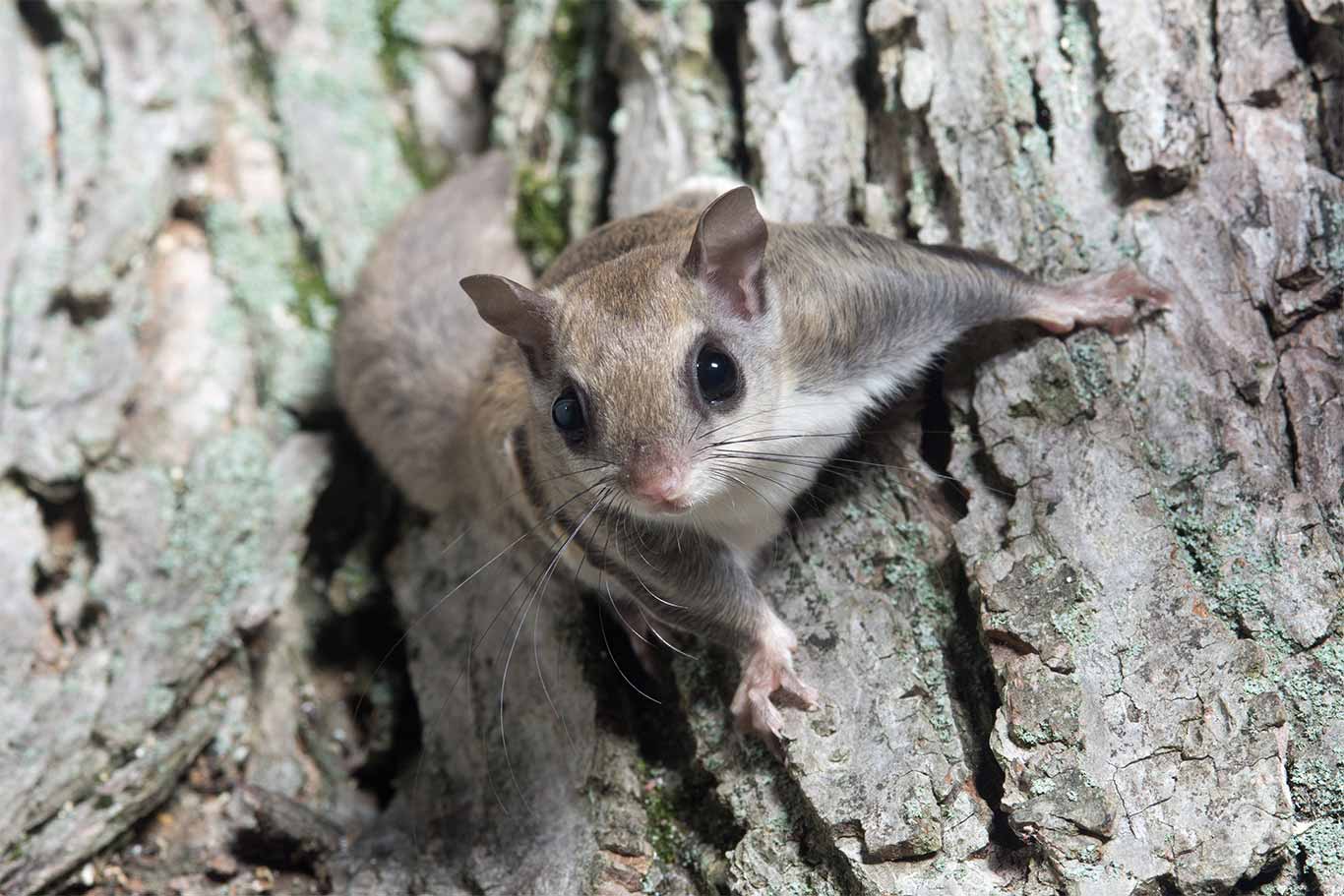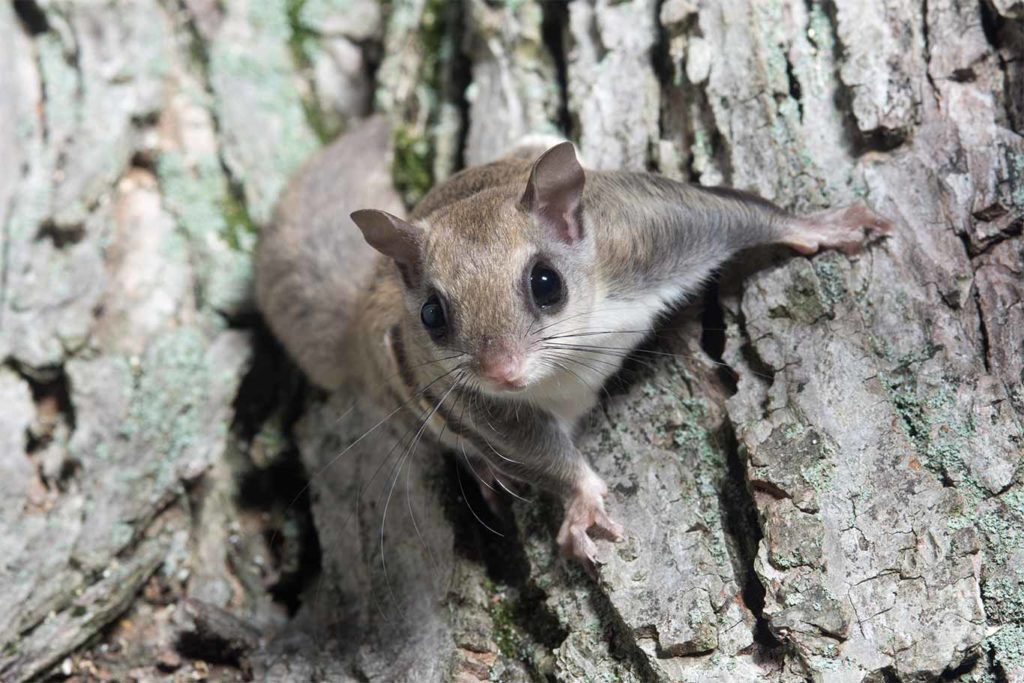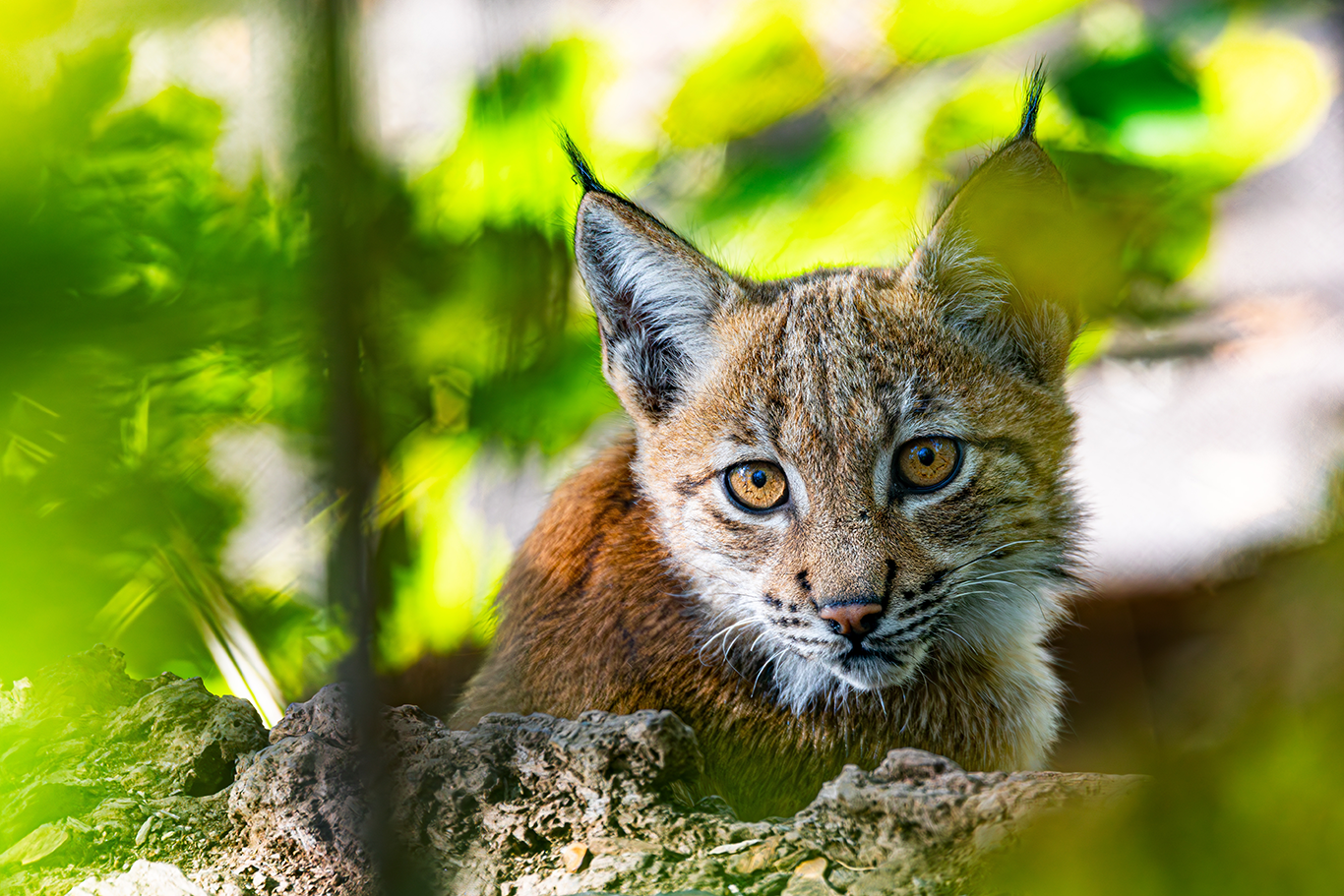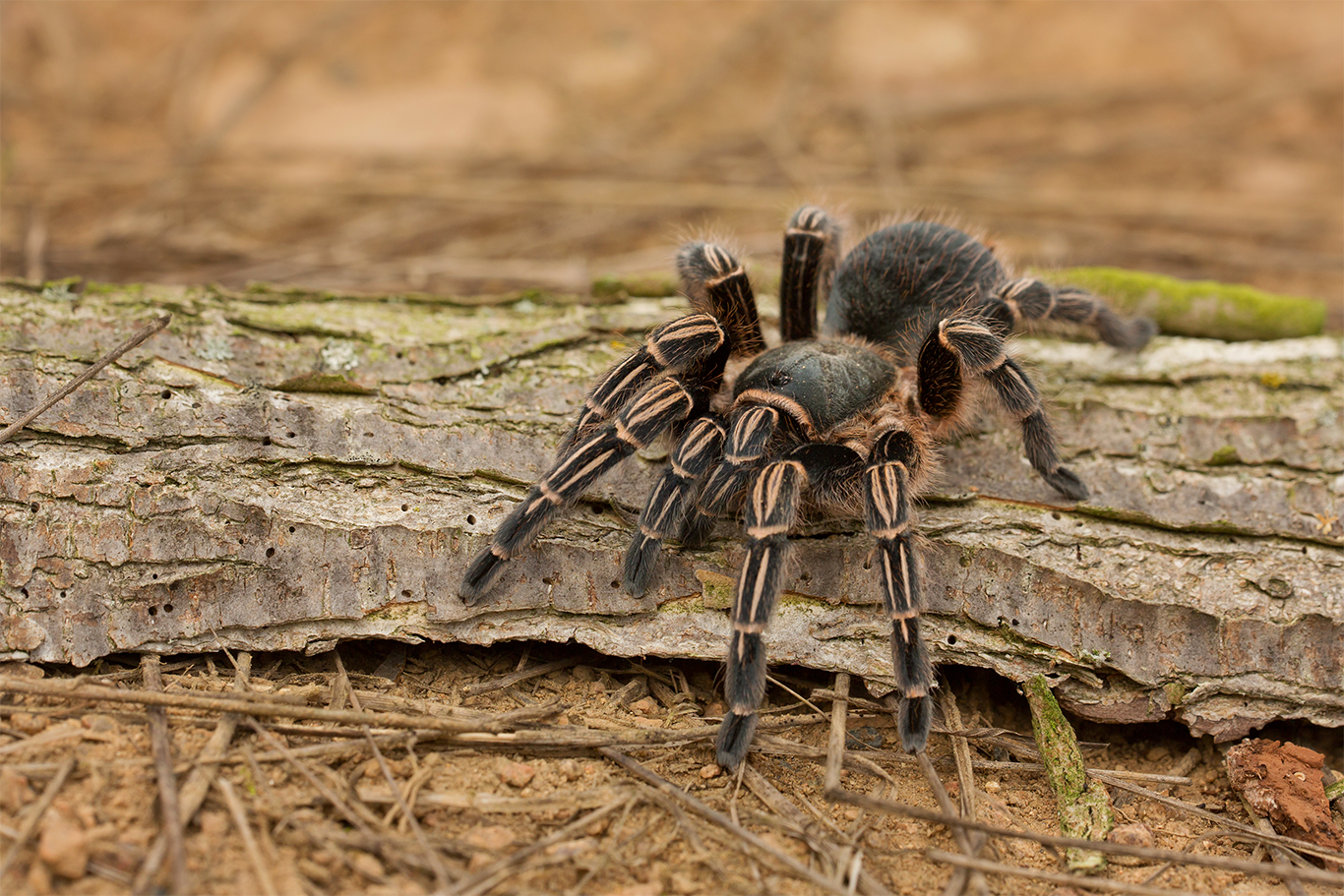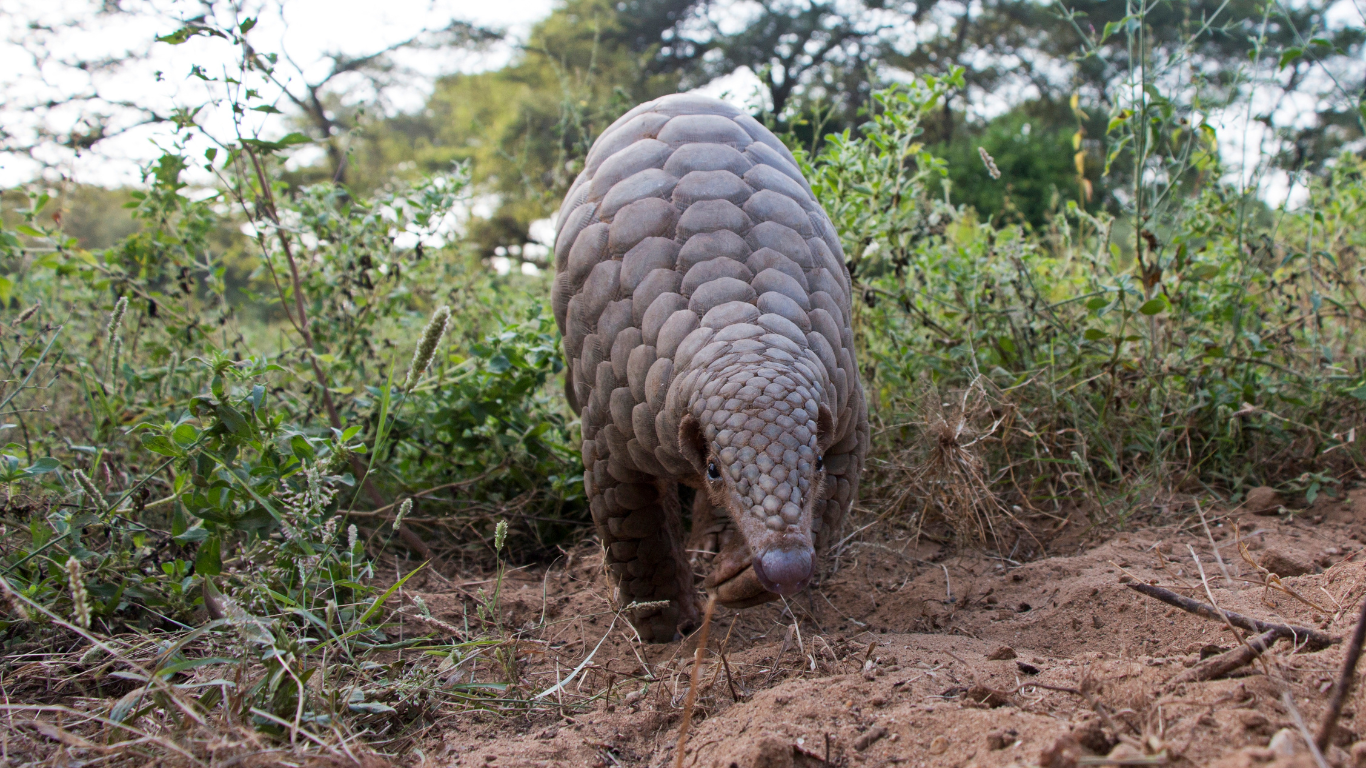Authorities have broken the back of a wildlife trafficking syndicate believed to be behind the illegal trapping and exploitation of thousands of flying squirrels over a three-year period.
The flying squirrels – a protected species in Florida – were trapped with homemade wire cages and transported by vehicle from their natural habitat in Florida to Chicago, before being shipped to buyers in South Korea and sold as pets.
According to Florida’s Fish and Wildlife Conservation Commission (FWC) - which launched an inquiry into the case - the squirrels were sold to a licensed wildlife dealer who then claimed they were captive bred.
After receiving a tip-off on FWC’s hotline, FWC rolled out a well-thought-out investigation which included phone records, cell phone tower data, GPS trackers on cars, and more, to infiltrate the syndicate.
Over the next 19 months, investigators from FWC worked to uncover the underground animal trafficking operation. The Illinois Conservation Police, Georgia Department of Natural Resources, California Department of Fish and Wildlife, and US Homeland Security Investigations threw their weight behind the case.
10,000 squirrel traps were seized in central Florida, with experts estimating as many as 3,600 flying squirrels have been captured by poachers since 2017. The Commission said the Florida dealer received more than $213,000 (£164,000) for the animals. The international retail market value of the poached flying squirrels is estimated to be more than $1-million (£772,000).
The investigation has so far seen seven suspects charged with wildlife trafficking, in addition to a variety of other felony charges that include racketeering, money laundering and dealing in stolen property.
It has also since been discovered that in addition to smuggling flying squirrels, the suspects were also poaching and trafficking other protected species including freshwater turtles and alligators, with falsified documents to conceal their origin.
"Buyers from South Korea would travel to the United States (US) and purchase the flying squirrels from the wildlife dealer in Bushnell. The animals were then driven in rental cars to Chicago, where the source of the animals was further concealed, and the animals were exported to Asia by an unwitting international wildlife exporter," the Commission said.
Despite their name, flying squirrels do not actually fly, but rather glide between trees. They are one of many small exotic mammals with soft fur and big eyes that have become popular pets in South Korea and other parts of East Asia - featured in pet cafés, despite being completely unsuitable for domestication.
"In the past decade, wildlife trafficking has escalated into an international crisis – and no species – big or small - are safe,” said Nicolette Peters of the Animal Survival International (formerly Political Animal Lobby).
“This case is a reminder that the public can play a huge role in stopping wildlife poachers and syndicates by reporting suspicious behavior to their local authorities. Together, we can stop wildlife smuggling and bring those responsible for wildlife exploitation to book.”

